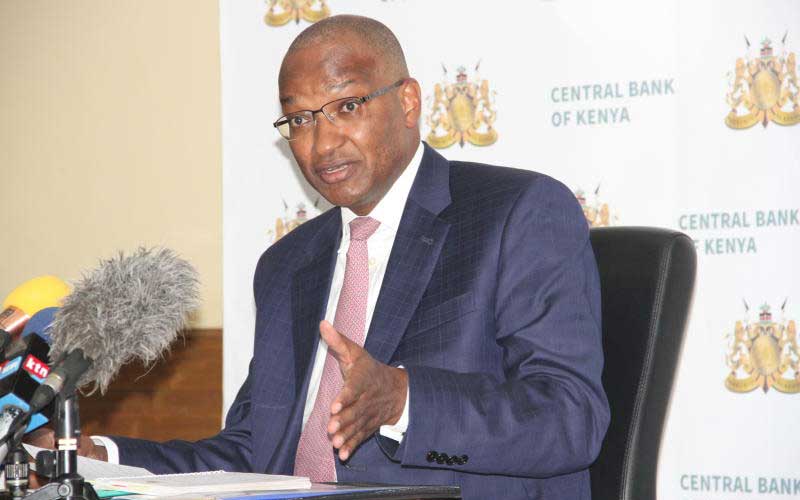×
The Standard e-Paper
Fearless, Trusted News

MPs have threatened to reverse stringent measures by the Central Bank of Kenya requiring full disclosure on cash transactions exceeding Sh1 million.
The MPs claimed that the rules requiring disclosure of sources of cash and intended use have inconvenienced many, prompting some to avoid banking the cash.